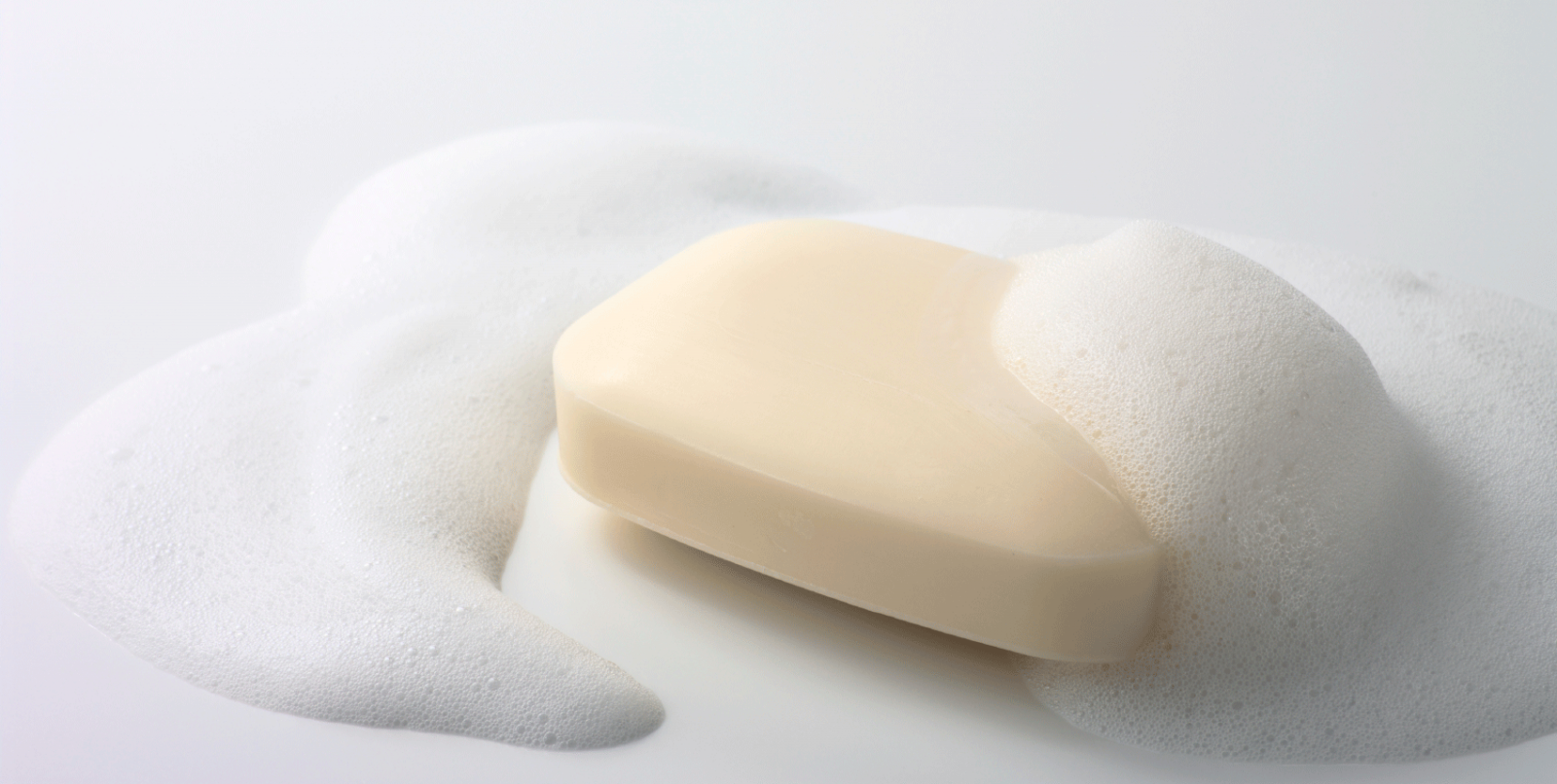Proper skin care — down there

When the skin comes in contact with fecal material for a length of time, it can become irritated and inflamed. That means proper care of the skin in the anal area is essential to maintaining comfort and preventing skin deterioration. Skin irritation is more than a misery. It can invite infection and even compromise your treatment if the skin becomes too sore for your muscles to work well.
Skin should be cleansed after each episode of incontinence. Choose an extremely mild, nonalkaline soap — such as Dove or Basis — or buy one of the special cleansers designed to gently dissolve and remove stool and urine (such as Aplicare Antiseptic Perineal Wash). These are nonirritating, soap-free cleansing lotions; some are available in portable disposable wipes (Clinell Continence Care Wipes). They eliminate the need to scrub areas of tender skin, and some do not require that you rinse the skin after use.
After cleansing, allow the area to air-dry if possible, or blow dry with a hair dryer set on cool, or pat it dry (don't rub). Afterward, apply a protective moisturizer or moisture barrier to protect the skin from damage by urine or stool contact. Barrier products such as petroleum jelly, Aquaphor, or Desitin are readily available and inexpensive.
Film-forming skin protectants (Cutimed, PROTECT, 3M Cavilon No Sting Barrier Film) — applied by spray, applicator, or individual wipe — go on as a liquid but rapidly evaporate. They leave behind a film of clear acrylate. This barrier allows airflow, but protects the skin from moisture. Film-forming skin protectants may help reduce the rubbing of pads or absorbent products or make it less irritating to use products applied with adhesive. Some films last as long as three days before reapplication is needed.
To treat or protect against fungal infection, you may be instructed to use an ointment or cream containing an antifungal agent, such as clotrimazole or miconazole. Ask whether you should apply another barrier product while using the antifungal.
A nurse who deals with incontinence or stoma care can offer advice on skin care issues. For more information, go to the website of the National Association for Continence at www.nafc.org.
For more information on dealing with bladder and bowel conditions, buy Better Bladder and Bowel Control, a Special Health Report from Harvard Medical School.
Image: iStock
Disclaimer:
As a service to our readers, Harvard Health Publishing provides access to our library of archived content. Please note the date of last review or update on all articles.
No content on this site, regardless of date, should ever be used as a substitute for direct medical advice from your doctor or other qualified clinician.












